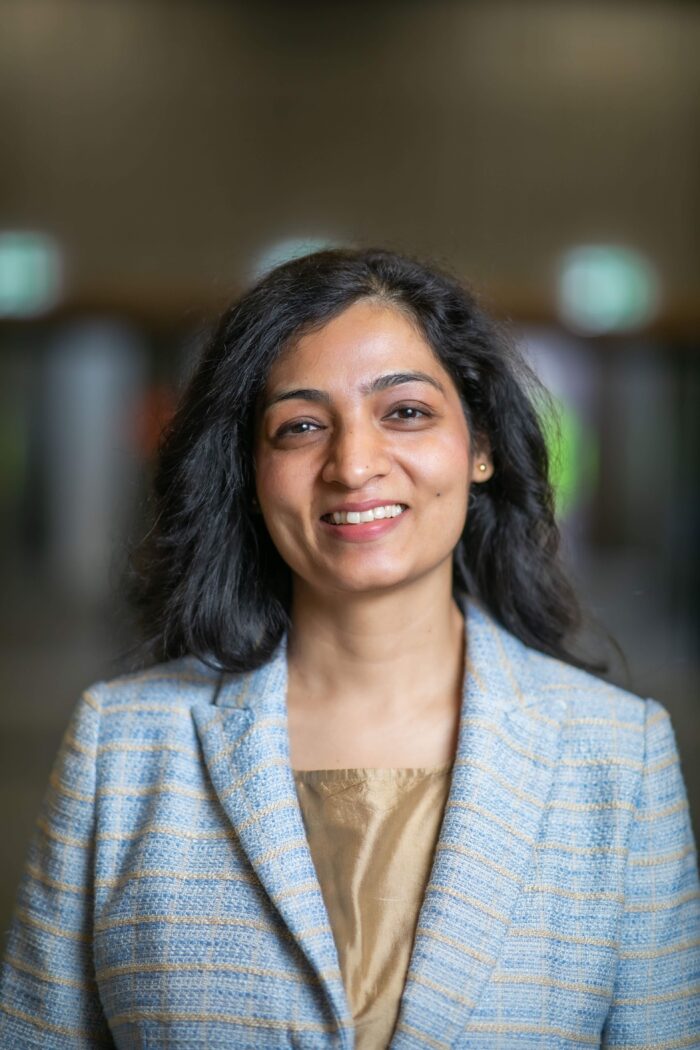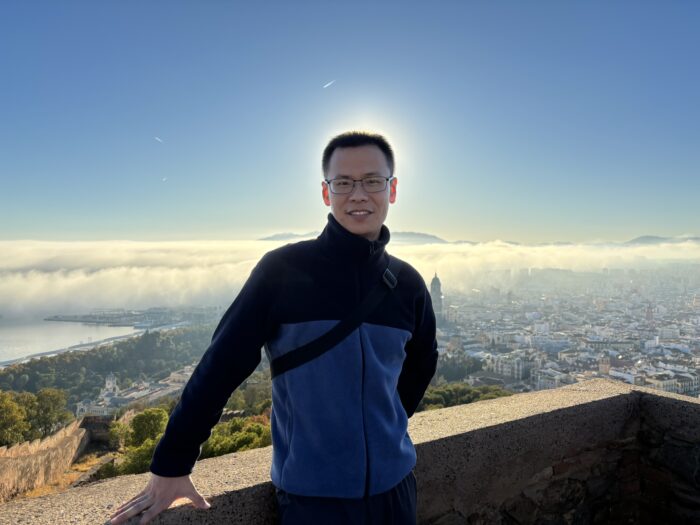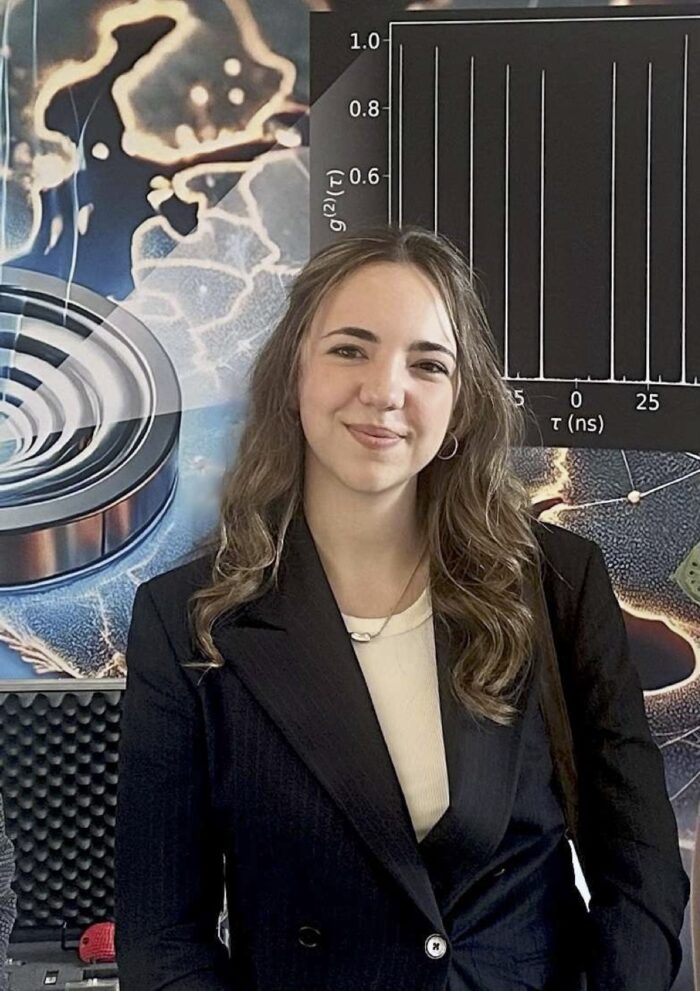
PI: Prof. Priyamvada Jadaun
Chair Professor
Electrical Engineering and Computer Sciences
Technical University of Berlin, Germany.
Prof. Jadaun is a Visiting Scholar in the Dept. of EECS at University of California, Berkeley and an Affiliate at the Lawrence Berkeley National Laboratory, USA.
She obtained her B. Tech. in Engineering Physics from IIT Bombay, followed by M.A. in Physics and Ph.D. in Electrical and Computer Engineering from The University of Texas at Austin (UT). She was also a Postdoctoral Associate in Applied Physics at Cornell University and a Research Associate in ECE at UT. Additionally, she pursued brief stints in industry at imec and Applied Materials.
Prof. Jadaun works on the design of novel devices and materials, including electronic, spintronic, topological and 2D materials. The main applications of her research include the design and development of hardware for artificial intelligence, bio-inspired ‘neuromorphic’ computing, and quantum sensing.
Her past discoveries include the computational design of the first context-aware artificial neuron that fundamentally outperforms state-of-the-art intelligent devices, oxide materials that show exceptionally large spin Hall effect, magnetic bilayers that show significantly improved skyrmion stability and uncovering the fundamental link between electric polarization and topology. Her work has received multiple accolades including Press Highlight at APS March Meeting 2022, UT Research Showcase, Feature Story by Texas Advanced Computing Centre, Indian Academy of Sciences Summer Fellowship and National Fellowship KVPY, amongst others.

Zhishuo Huang
Postdoctoral Researcher
Research Fellow, NUS.
PhD in Chem., KU Leuven.
MS in Mat. Sc., UESTC.
BS in Microelec., UESTC.
Linked In
Google Scholar
Zhishuo is interested in developing a theoretical understanding of various physical phenomena using first-principles simulations, with a particular focus on electron-phonon interaction and exchange coupling in complex materials. He is dedicated to developing new concepts and computational tools to accelerate the discovery and understanding of functional materials and devices for quantum technologies. At SAM, his work centers on materials and device design for quantum bio-sensing.

Anita Lalem Bayraktar
Student Assistant
BS in Physics, TU Berlin.
Linked In
Anita is studying physics at TU Berlin and is deeply interested in computational design of novel materials as well as biotechnology and quantum science. At the SAM group, she works on DFT simulations of polar vortices in twisted oxide membrane heterostructures. Originally from Istanbul, Turkey she is currently enjoying student life in Berlin.